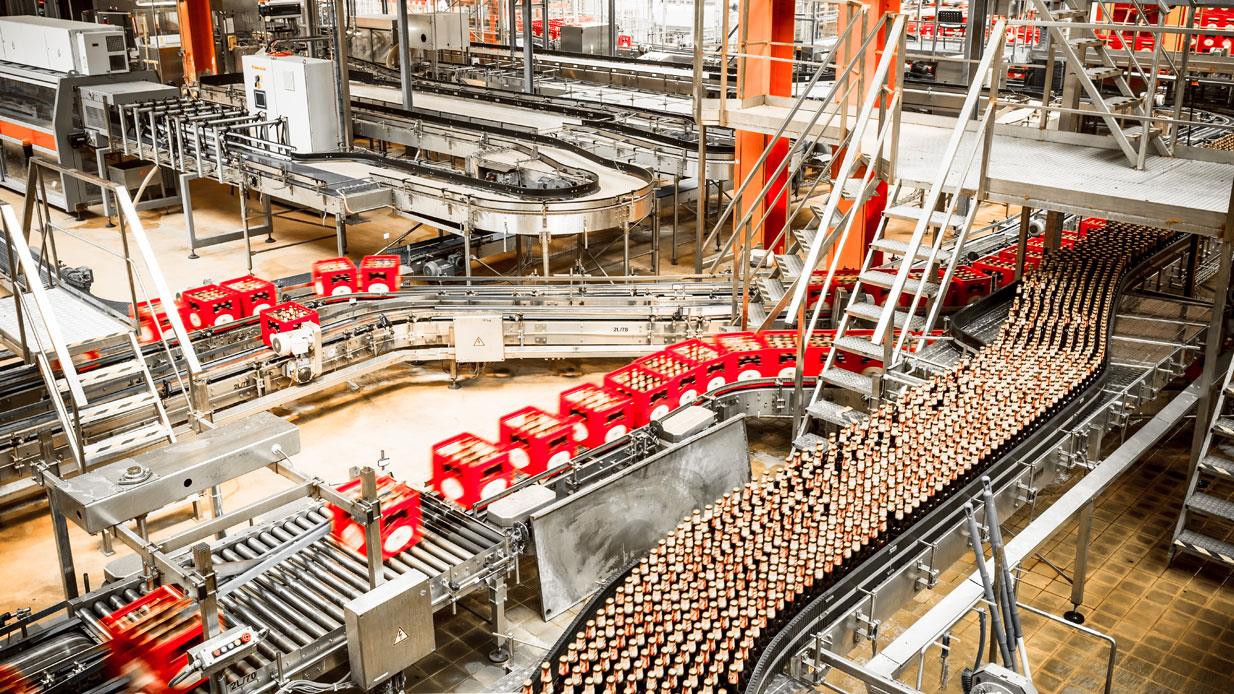By Joseph Ekeng
In a strategic move aimed at securing funding, Gokada, a prominent last-mile delivery company in Nigeria, has transitioned to an asset-light model, according to sources close to the company and confirmed by its COO, Oluwaseun Omotosho. This shift, which commenced in 2022, marks a significant departure from its previous operational structure.
Under the asset-light model, Gokada now owns only a small fraction, approximately 10%, of the estimated 5,000 bikes on its platform, a source close to the company told TechCabal. Instead of purchasing motorcycles outright, the company is facilitating partnerships with drivers, who are then charged a commission for each order they fulfill.
The decision to embrace an asset-light approach stems from the challenges encountered with its initial hire-purchase agreement for drivers, which involved Gokada purchasing motorcycles and drivers repaying the cost over time. However, this model proved unsustainable as the company faced exorbitant maintenance expenses, totaling tens of thousands of dollars monthly in late 2021 and early 2022.
Oluwaseun Omotosho elucidated on the rationale behind the strategic pivot, stating, “We thought to ourselves, what can we do to stop this? If we had continued, the business would have closed down.” By shifting the maintenance costs to drivers and reframing its operational model, Gokada managed to bolster its revenue throughout 2022.
In addition to adopting an asset-light strategy, Gokada is actively seeking investment opportunities. While details regarding potential investors remain undisclosed, Omotosho affirmed the company’s commitment to securing funding in the near future.
The recent operational adjustments follow a series of challenges faced by Gokada, including regulatory hurdles and internal restructuring. In 2020, the ban on two-wheelers in Lagos prompted Gokada to pivot from ride-hailing to delivery services, leading to substantial layoffs. Tragically, the company’s former CEO, Fahim Saleh, was also murdered in the same year, adding to the turmoil.
Despite these setbacks, Gokada has persevered, albeit with necessary cutbacks and restructuring measures. The company streamlined its operations by consolidating offices and renegotiating vendor agreements. While acknowledging the challenges ahead, Omotosho expressed optimism, stating, “We have gone through the worst phase. We are not above the water yet. This survival period has allowed [us] to see what needs to be supported and what isn’t necessary.”
With its strategic realignment and ongoing fundraising efforts, Gokada aims to navigate through turbulent waters and emerge stronger in the competitive landscape of last-mile delivery services in Nigeria.






Comment
No comments found.